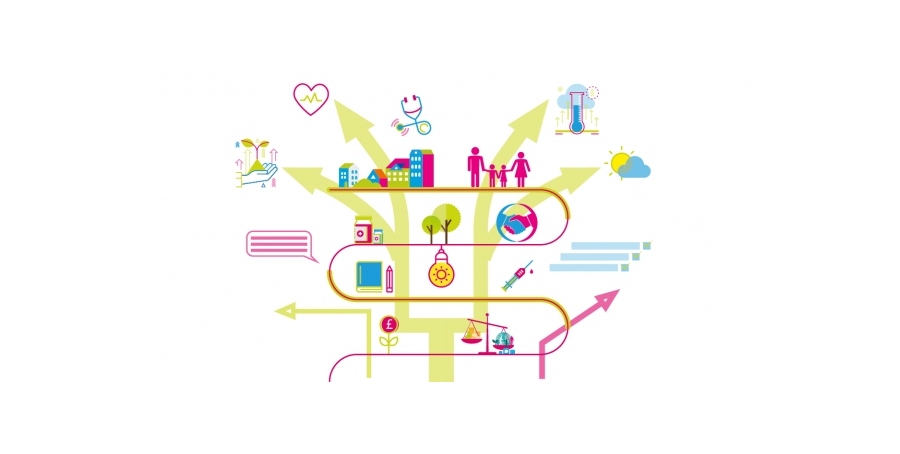Researchers to shine light on financial uncertainty in UK

Up to 50 low-income households will have their day-to-day spending tracked for six months, in the first study of its kind in the UK.
Researchers from the Yunus Centre for Social Business and Health at Glasgow Caledonian will aim to capture the lived experience of financial uncertainty across the country by recording the week-to-week ups and downs faced by households.
Glasgow Caledonian will work with the innovation centre Nest Insight and the Centre for Personal Financial Wellbeing at Aston University, Birmingham, on the study, known as the Real Accounts project.
Households will use a research data collection app to capture real-time income and expenditure transaction data over six months combined with monthly interviews.
The app has been custom designed with Moneyhub, the Open Finance data and payments company.
The initial phase of the project is supported by the Aviva Foundation and will focus on helping people and communities feel in control of their financial futures.
The research findings will be shared widely and freely to help inform policy and market innovation and debate.
Professor Olga Biosca, of the Yunus Centre at Glasgow Caledonian, said: "We are delighted to be part of this exciting project.
"This timely and much-needed collaborative project builds on our research programme, which has used financial diaries to understand better how personal financial management and decision-making affect different dimensions of people's lives and, in particular, health and wellbeing.
"This study of financial choices and coping strategies in challenging circumstances will contribute to improved evidence-based policy and practice."
Previous Yunus Centre projects have asked households to fill out financial diaries to document their thoughts and feelings but this is the first time real-time spending data will be captured.
Sope Otulana, Head of Research at Nest Insight, said: “As the rising cost of living continues to impact households across the country and levels of household debt climb, this research is more crucial than ever.
“The project aims to shine a light on exactly what it is like for households today managing volatile income and expenditure, sharing their first-hand stories.
“It will look beyond the balance sheet to also analyse social, environmental, and health factors, as well as other dynamics that can come into play and affect household finances.”
Alex Christopoulos, Aviva Foundation Lead, added: “Millions in the UK are struggling and worried about money. The Real Accounts research provides us with an opportunity to understand how these households are managing to get by day-to-day; the choices they make, the strategies they take and the knock-on effects this has on other areas of their life.”
Samantha Seaton, chief executive of Moneyhub, said: "It is only when we have in-depth and holistic data on a person's or household's finances that we can truly know and begin to understand the impact of the rising cost of living.
"This can only be successfully achieved by bringing all of an individual's or household's financial data together in one place, from everyday spending to long-term projects such as buying a property and saving for retirement.
"At Moneyhub, we're absolutely delighted to be providing our cutting-edge technology to collect and analyse this crucial data."
The Real Accounts project team is seeking additional funding partners to extend the duration of the real-time data capture to at least 12 months to capture the impact of events such as school summer holidays and Christmas.
